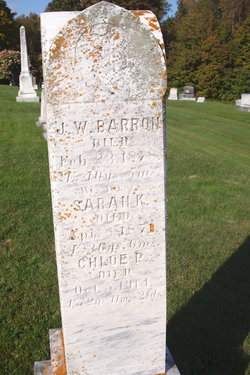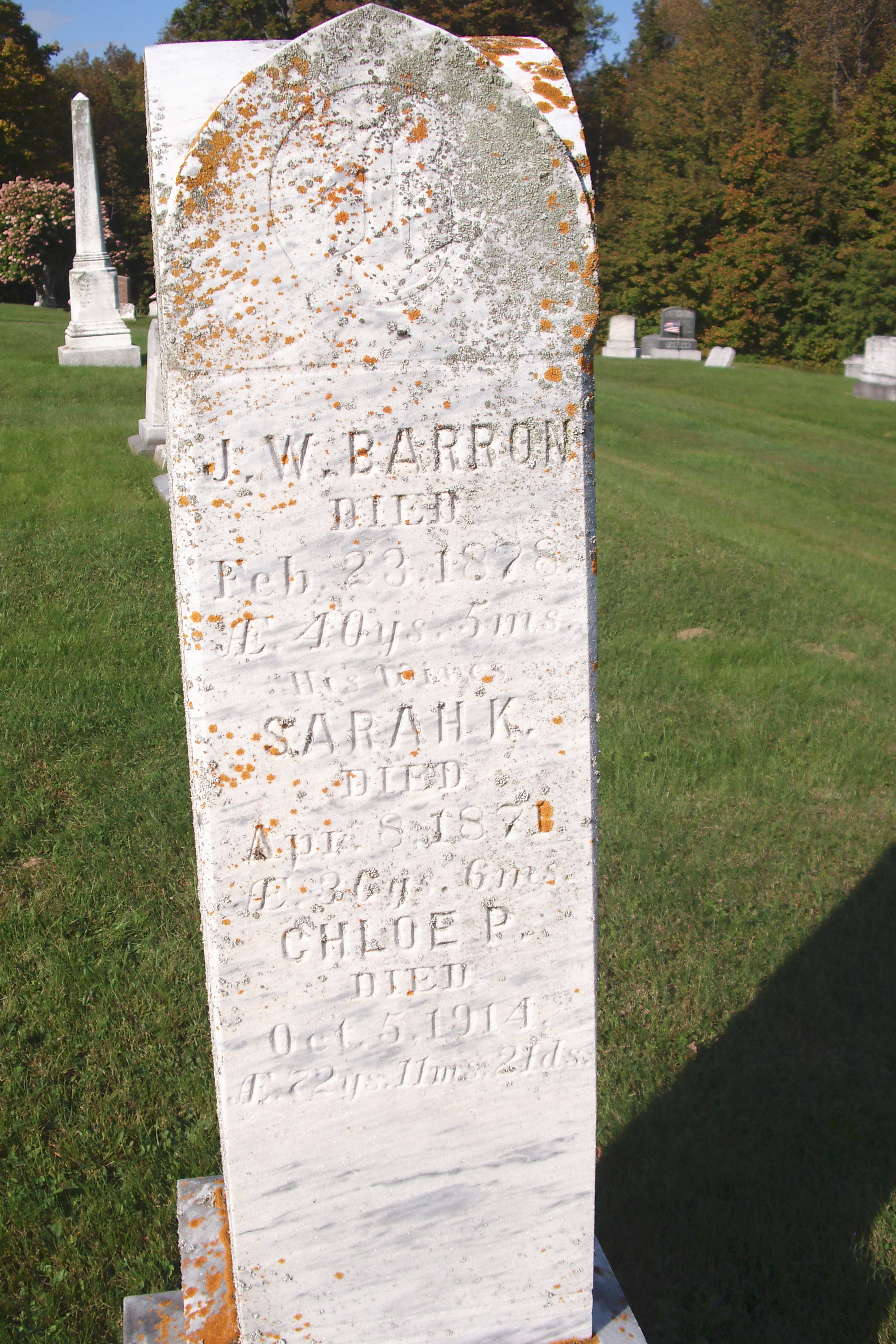Newspaper illustration of the 1878 Dexter bank robbery
The crime is discovered when Barron’s wife reports him missing that evening. Barron, handcuffed and gagged, is found alive in the bank vault but dies the next morning. Bank robberies being a common occurrence in an age when Maine is experiencing a booming lumber trade, authorities question the usual suspects and offer handsome rewards for information leading to the killers. They get no results.
Ten years later, the case draws national attention when suspects David Stain and Oliver Cromwell, both of Medfield, Massachusetts, are arrested and put on trial in Bangor. East Coast newspapers cover the proceedings as relentlessly as the news media of the 1990s scrutinized the murder trial of actor and ex-professional football player O.J. Simpson. The defendants are tried, convicted and sent to the Maine State Prison in Thomaston.
The verdict is appealed to Judge John Peters, who presided at the trial. He rejects the appeal. A subsequent appeal to the Maine Supreme Judicial Court – of which Peters is the chief justice – also fails. While awaiting that final decision, the chief defense lawyer, Lewis Amasa Barker, 35, of Bangor, dies of illness and fatigue exacerbated by his defense work on the prisoners’ behalf.
After several more years, a key witness – Stain’s son – recants, admitting having fabricated a story about his father’s participation in the robbery because he was angry with him. Gov. Llewellyn Powers and his council consider the matter in response to a petition from Barker’s son, Lewis Appleton Barker, who represents the prisoners after being admitted to the bar only months earlier. On Dec. 31, 1900, two days before Powers leaves office, the governor and council agree unanimously to pardon Stain and Cromwell.
The two prisoners are freed, and the murder case remains unsolved to this day.
Newspaper illustration of the 1878 Dexter bank robbery
The crime is discovered when Barron’s wife reports him missing that evening. Barron, handcuffed and gagged, is found alive in the bank vault but dies the next morning. Bank robberies being a common occurrence in an age when Maine is experiencing a booming lumber trade, authorities question the usual suspects and offer handsome rewards for information leading to the killers. They get no results.
Ten years later, the case draws national attention when suspects David Stain and Oliver Cromwell, both of Medfield, Massachusetts, are arrested and put on trial in Bangor. East Coast newspapers cover the proceedings as relentlessly as the news media of the 1990s scrutinized the murder trial of actor and ex-professional football player O.J. Simpson. The defendants are tried, convicted and sent to the Maine State Prison in Thomaston.
The verdict is appealed to Judge John Peters, who presided at the trial. He rejects the appeal. A subsequent appeal to the Maine Supreme Judicial Court – of which Peters is the chief justice – also fails. While awaiting that final decision, the chief defense lawyer, Lewis Amasa Barker, 35, of Bangor, dies of illness and fatigue exacerbated by his defense work on the prisoners’ behalf.
After several more years, a key witness – Stain’s son – recants, admitting having fabricated a story about his father’s participation in the robbery because he was angry with him. Gov. Llewellyn Powers and his council consider the matter in response to a petition from Barker’s son, Lewis Appleton Barker, who represents the prisoners after being admitted to the bar only months earlier. On Dec. 31, 1900, two days before Powers leaves office, the governor and council agree unanimously to pardon Stain and Cromwell.
The two prisoners are freed, and the murder case remains unsolved to this day.
Family Members
Advertisement
Advertisement








